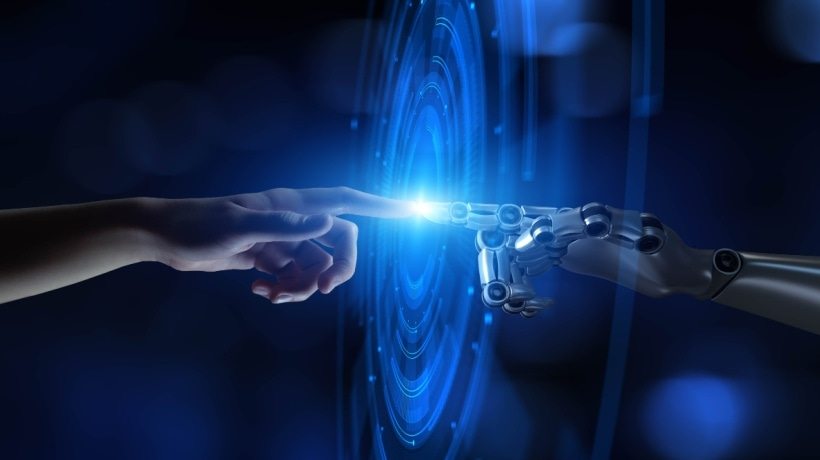
"Education has always been shaped by its tools. The printing press democratized access to knowledge, the computer redefined how it was processed, and digital learning made it borderless. Yet Artificial Intelligence (AI) represents a more profound transformation. It not only assists in teaching, but also learns alongside the learner. It adapts, responds, and refines itself based on patterns of human behavior. For the first time, an educational technology is capable of not only storing and delivering knowledge but also participating in the process of understanding."
"This evolution has brought education to a critical juncture. AI can now analyze how students learn, predict what they need next, and provide individualized support at a scale no human educator could achieve alone. At the same time, this new intelligence lacks the very essence of what makes learning meaningful: context, empathy, and purpose. The future of education will not be defined by machines that teach or by humans who resist them. It will be defined by how both can think together."
"Artificial Intelligence is a master of association. It detects patterns in vast datasets and transforms them into actionable insights. It identifies where students struggle, which concepts require reinforcement, and which learning paths lead to success. Yet its understanding remains mechanical. It knows that an answer is likely, but it does not know why it matters. It can predict learning outcomes, but cannot sense the personal triumph of comprehension or the frustration of intellectual struggle."
AI has transformed education by learning alongside students, adapting and refining instruction based on behavioral patterns and delivering individualized support at unprecedented scale. AI excels at detecting patterns, predicting needs, and identifying where learners struggle, turning data into actionable insights. Human understanding contributes interpretive depth—experience, emotion, empathy, moral judgment, and the ability to read subtle cues, motivate persistence, and contextualize mistakes as learning opportunities. Meaningful learning requires the combination of AI's associative, scalable analytics with human educators' contextualization and empathy. The future of learning hinges on collaborative thinking between machines and humans that leverages both strengths.
Read at eLearning Industry
Unable to calculate read time
Collection
[
|
...
]